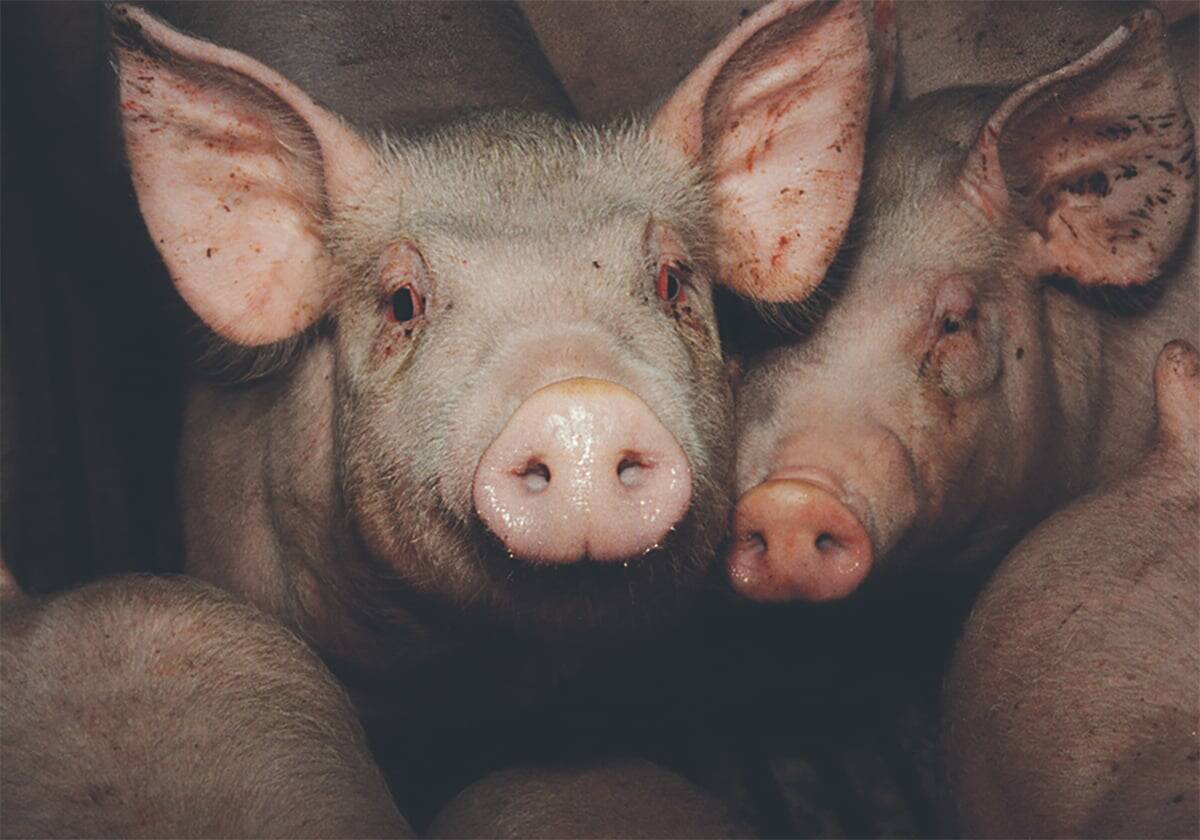Vaccinations are a very significant part of your pet’s health care as they protect dogs and cats from infectious agents that can cause serious illness or may be fatal. As in humans, vaccines have had a major impact in decreasing infectious diseases and are very safe. Nowadays we don’t see many of these diseases — largely due to ongoing and regular vaccination — and the benefits of vaccinations far outweigh the low risk of adverse reactions.
Rabies is one of the most well-known diseases as it is fatal in animals and humans. It is caused by a virus that infects the nervous system and can lead to increased salivation, aggression and death. Rabies virus is transmitted through animal bites, and is found in wildlife such as bats, raccoons, foxes, and skunks.
Read Also

Scientists discover cause of pig ear necrosis
A University of Saskatchewan team, through years of research, has discovered new information about pig ear necrosis and what hog farmers can do to control it.
Canine distemper virus attacks the respiratory, gastrointestinal, and nervous systems and can be fatal. Dogs that survive may have lifelong complications. Wildlife such as coyotes, raccoons, skunks, and foxes may also be infected.
Canine parvovirus can cause severe vomiting and diarrhea (often bloody), and can lead to sudden death in unvaccinated puppies. It is one of the most lethal infections of dogs and is transmitted through contact with an infected animal stool.
Canine adenovirus causes coughing, sneezing and infectious canine hepatitis (ICH). Clinical signs can range from mild fever to death; it is rare because of effective vaccination programs for dogs. Current vaccines for canine adenovirus protect against both diseases.
Feline parvovirus, also known as panleukopenia, is a highly fatal virus particularly in kittens and causes diarrhea and decreases in white blood cells. The virus is very contagious and can be spread directly from infected feces and fluids.
Feline herpesvirus causes a disease of the upper respiratory tract, also known as viral rhinotracheitis. Kittens and cats may have runny noses and eye infections leading to pneumonia, and cats can be carriers for life. The disease can be fatal, particularly in combination with other viruses or bacteria, and is spread from infected oral, nasal, and ocular fluids.
Feline calicivirus causes clinical signs similar to feline rhinotracheitis; cats may present with mouth sores or lameness.















